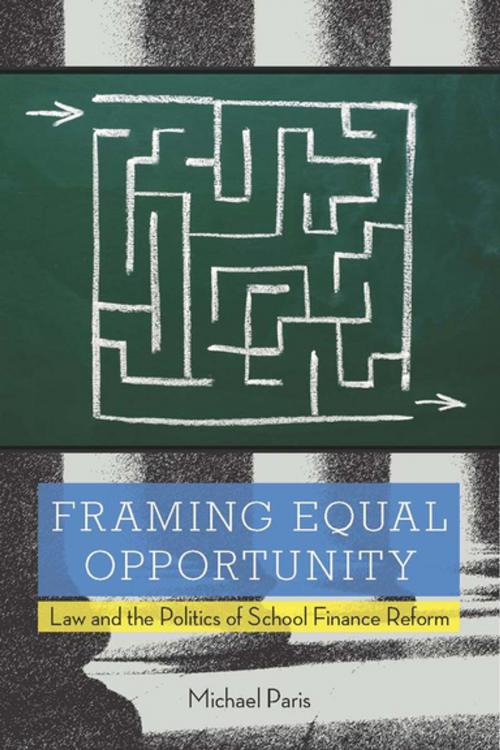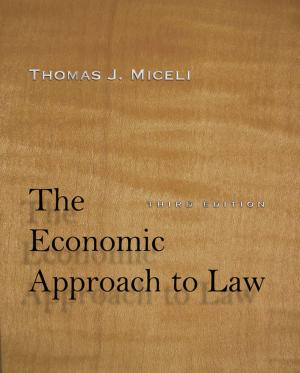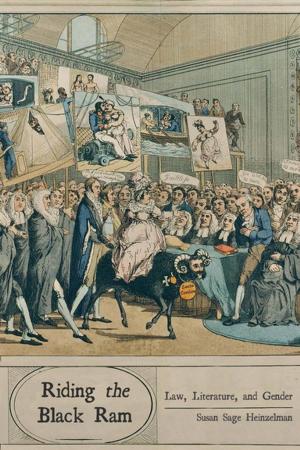Framing Equal Opportunity
Law and the Politics of School Finance Reform
Nonfiction, Reference & Language, Law, Educational Law & Legislation| Author: | Michael Paris | ISBN: | 9780804772976 |
| Publisher: | Stanford University Press | Publication: | December 1, 2009 |
| Imprint: | Stanford Law Books | Language: | English |
| Author: | Michael Paris |
| ISBN: | 9780804772976 |
| Publisher: | Stanford University Press |
| Publication: | December 1, 2009 |
| Imprint: | Stanford Law Books |
| Language: | English |
In the struggle to ensure that schools receive their fair share of financial and educational resources, reformers translate policy goals into legal claims in a number of different ways. This enlightening new work uncovers the options reformers have in framing legal challenges and how the choices they make affect politics and policy beyond the courtroom. Focusing on two of the most controversial and far-reaching court decisions in the nation in school finance and education reform, Framing Equal Opportunity follows lawyers and activists in New Jersey and Kentucky as they negotiate the complicated political terrain of educational change in their respective states. Unlike other books on law and reform, this work emphasizes the importance of legal translation—the process through which reformers transform their visions and goals into plausible legal claims. As it reveals, the kinds of arguments lawyers choose to make matter not only to their success in the courtroom, but also to the nature of the political fights they face in the community at large.
In the struggle to ensure that schools receive their fair share of financial and educational resources, reformers translate policy goals into legal claims in a number of different ways. This enlightening new work uncovers the options reformers have in framing legal challenges and how the choices they make affect politics and policy beyond the courtroom. Focusing on two of the most controversial and far-reaching court decisions in the nation in school finance and education reform, Framing Equal Opportunity follows lawyers and activists in New Jersey and Kentucky as they negotiate the complicated political terrain of educational change in their respective states. Unlike other books on law and reform, this work emphasizes the importance of legal translation—the process through which reformers transform their visions and goals into plausible legal claims. As it reveals, the kinds of arguments lawyers choose to make matter not only to their success in the courtroom, but also to the nature of the political fights they face in the community at large.















